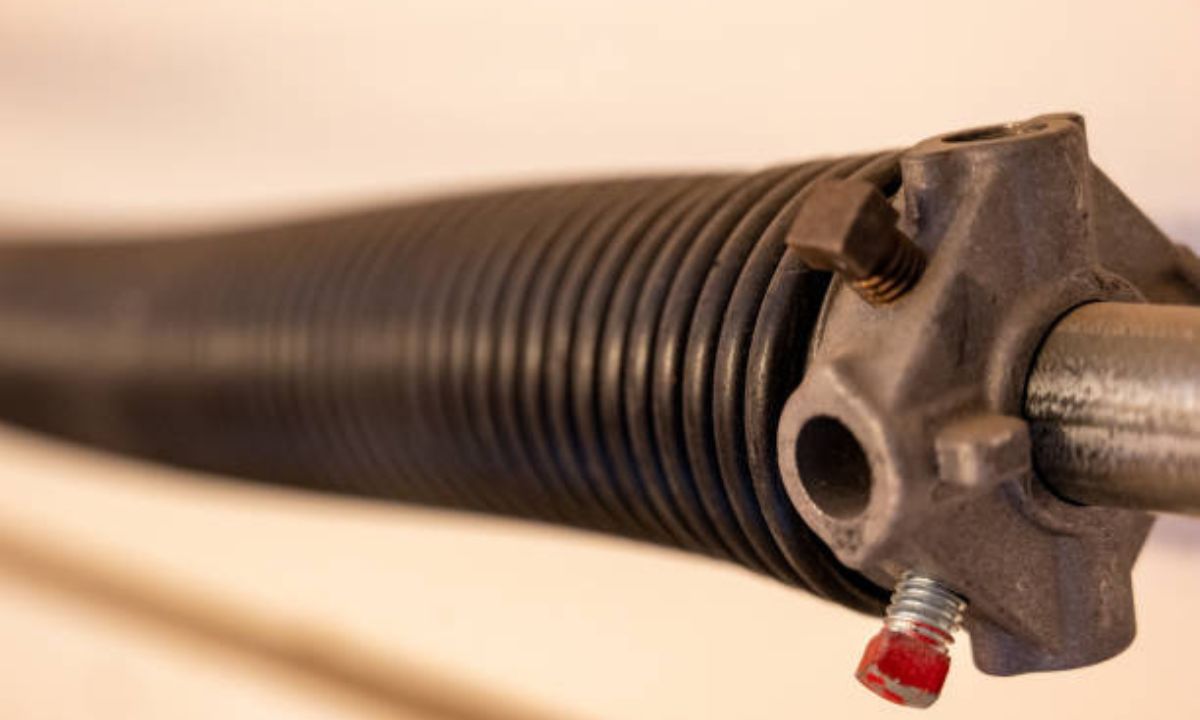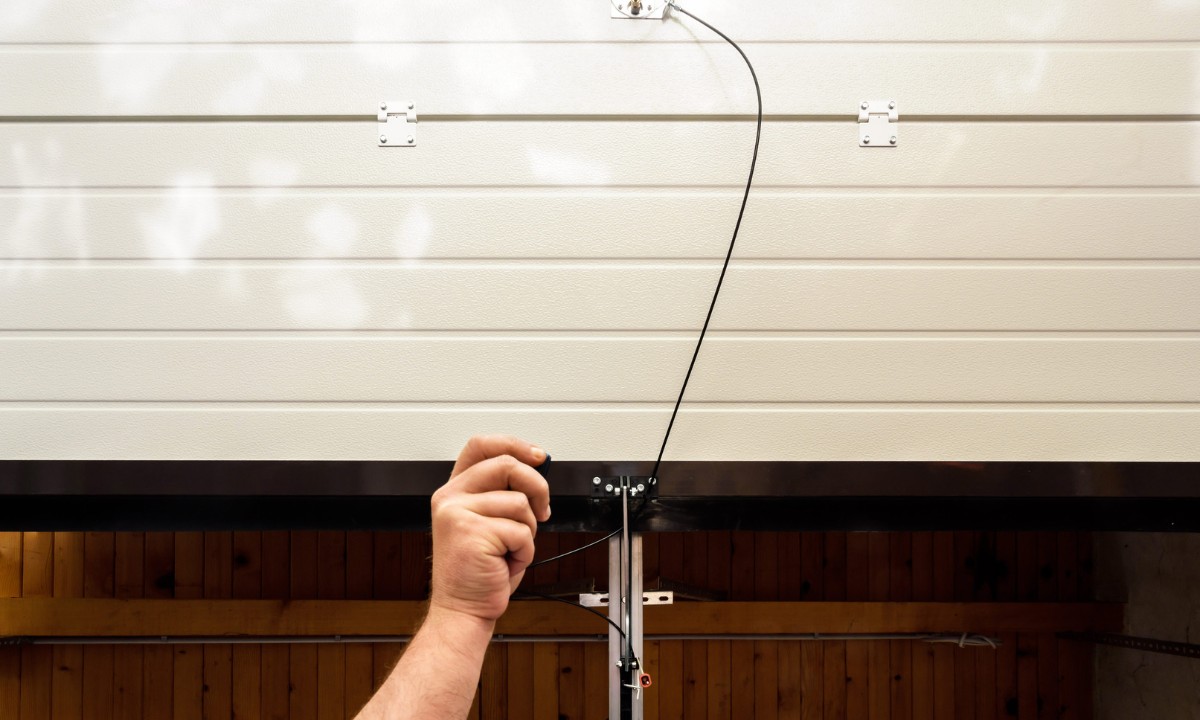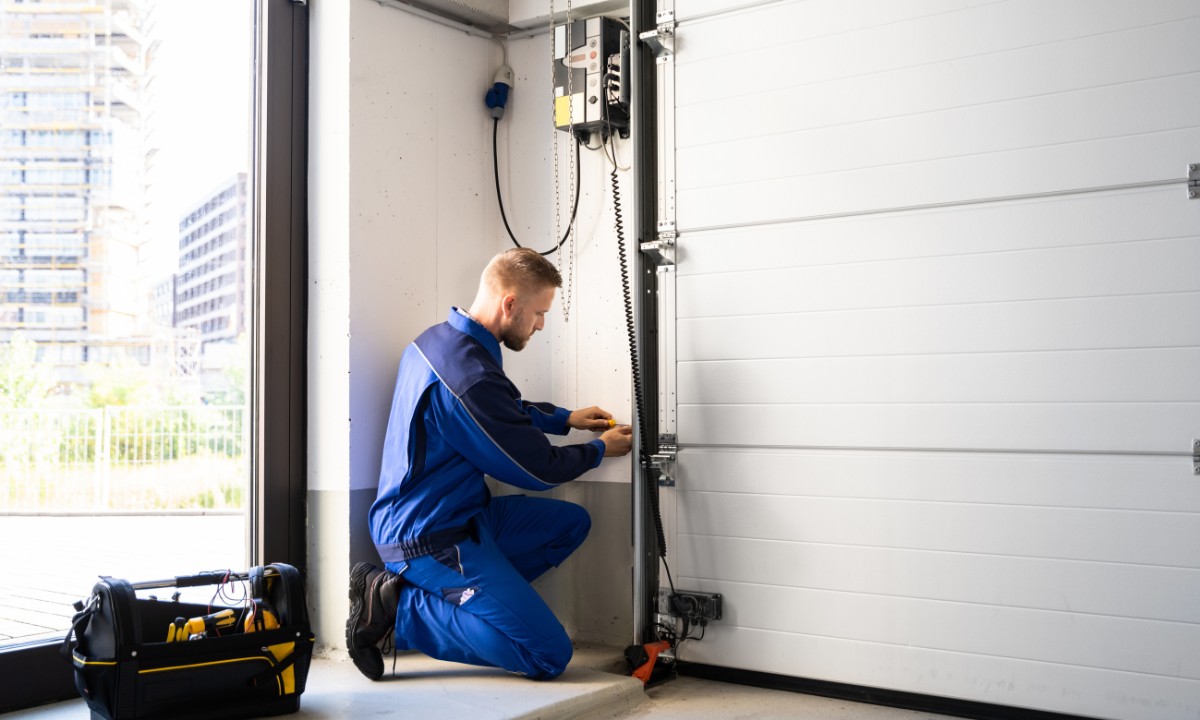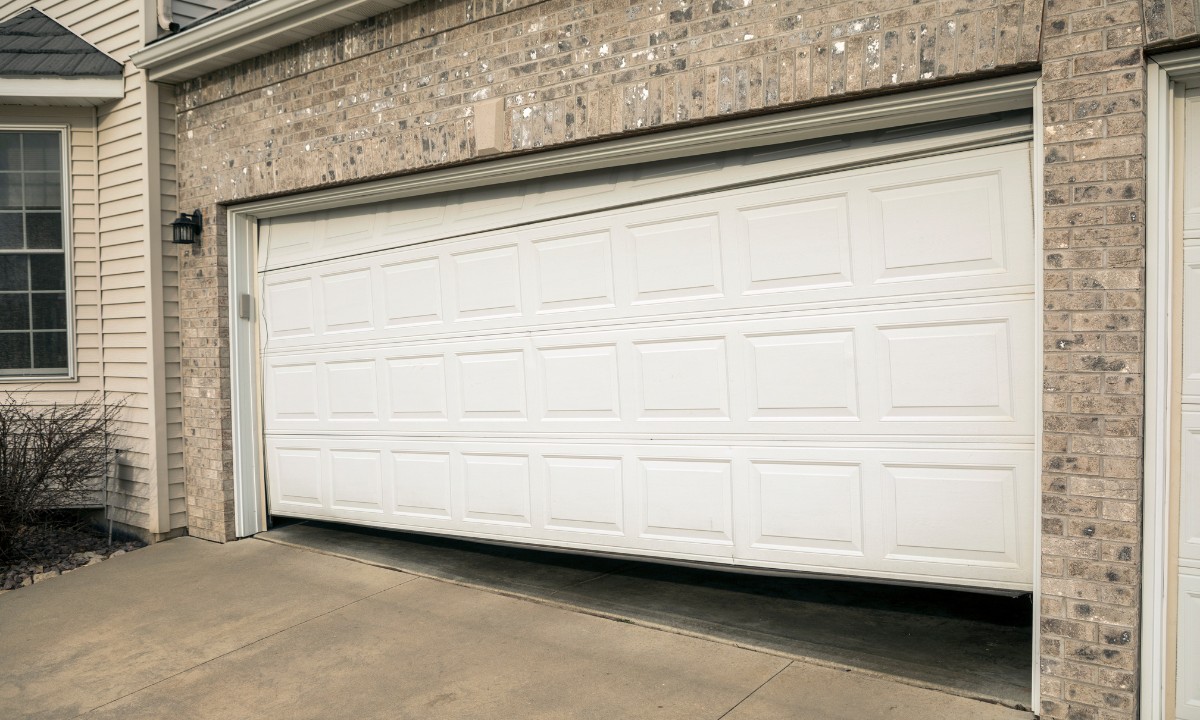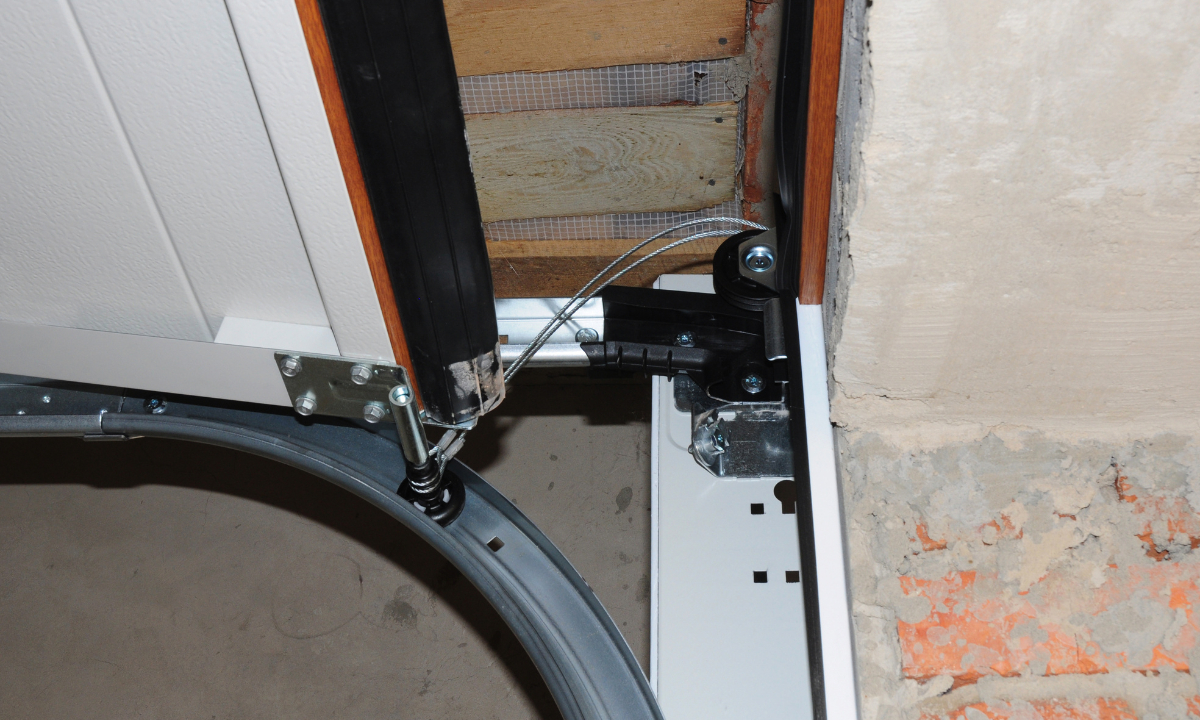The Function of Lubrication in Dayton, Minnesota Garage Door Spring
Maintenance
Overview
With only 6,000 inhabitants, the
quaint city of Dayton, Minnesota, in Hennepin County, is home to a tight-knit
community. Dayton, which is well-known for its gorgeous scenery and welcoming
atmosphere, provides a calm suburban living in close proximity to the Twin
Cities' conveniences. The area experiences warm, muggy summers and frigid
winters with plenty of snowfall. Regular maintenance is essential since garage
door systems can be negatively impacted by certain weather conditions. For
garage door springs to remain functioning and long-lasting, lubrication is
essential. At David Garage Door, we provide professional services to guarantee
your garage door runs smoothly and we recognize the value of appropriate
lubrication. Call us at 651-360-2425 for assistance or more details.
Lubrication's
Significance in Dayton, Minnesota
Garage door spring maintenance in
Dayton requires lubrication because of the region's highly variable weather.
Reduce
Friction: Lubrication
reduces friction between the springs and other moving components of the garage
door system. Smoother functioning is ensured by this decrease in friction,
which also helps to avoid wear and tear.
Stop
Rust and Corrosion:
The chilly, snowy winters and muggy summers in Dayton can exacerbate rust and
corrosion. Lubricants prolong the life of springs and preserve their efficiency
by shielding them from moisture.
Boost
Output: The garage door
system's overall efficiency is enhanced by well-lubricated springs. As a
result, the opening and closing mechanism operates more quietly and smoothly
and with more dependability.
Increased
Longevity: Proper
lubrication helps shield springs from premature failure, which prolongs their
useful life and lessens the need for frequent replacements or repairs.
Different
Spring Repair Types
Comprehending the many varieties of
garage door springs and their lubrication requirements can aid in guaranteeing
appropriate upkeep:
Torsion
Springs: Torsion
springs are installed above garage doors and employ force to raise the door.
Lubrication helps these springs by lowering friction and preventing corrosion.
To guarantee smooth operation, lubricate the shaft and the coils of the
springs.
Extension
Springs: To raise the
garage door, extension springs are positioned on either side of the door. To
maintain these springs operating smoothly and to stop problems like rust or
uneven stretching, lubricate them.
Lubrication
of Various Types of Springs
Different spring types call for
different methods of lubrication:
Torsion
Springs: Lubricate
the coils of the springs and the center shaft directly with a premium lubricant
that contains silicone or lithium. Refrain from overlubricating as this may
draw in dust and debris.
Extension
Springs: To evenly
coat the extension springs, use a lubricant with a silicone base or penetrating
oil. Make sure the lubricant gets to all of the springs' length, including the
ends where the springs are joined.
Typical
Problems
A lubricant shortage might cause your
garage door system to malfunction in multiple ways.
Increased
Friction: The
friction between the moving portions of the springs and themselves rises in the
absence of adequate lubrication. This increased friction may cause wear and
tear to occur more quickly, making the system noisier and less effective.
Rust
& Corrosion:
Untreated springs may rust and corrode due to moisture exposure, particularly
in Dayton's variable environment. The springs become weakened by this
corrosion, which may cause unexpected failures.
Inequitable
Function: The garage
door may operate unevenly due to inadequate lubrication, which may cause
balancing problems and possibly harm other parts like the tracks and rollers.
Replacement
Springs
Garage door spring problems might
occasionally not be resolved with lubrication alone. Replacement may be
required in the following situations:
Wear
Indicators: Replacing
the springs is usually the best course of action if they exhibit obvious wear
indicators like fractures, gaps, or noticeable rust.
Persistent
Issues: The springs
may require replacement if lubrication is unable to fix persistent issues or if
the door continues to operate unevenly.

